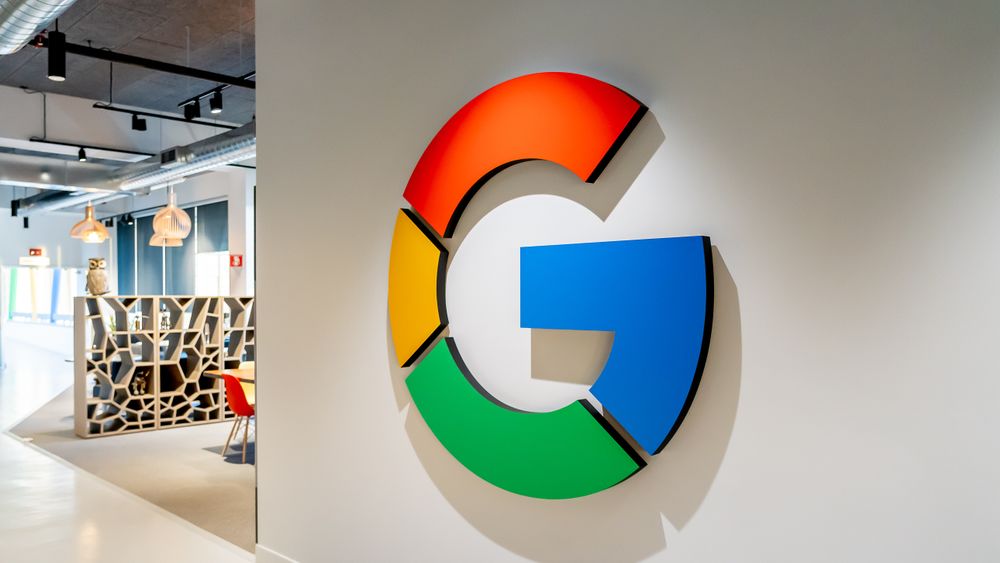The history of search engines
From a CERN list to Google and now Wolfram Alpha, the online search engine market has seen much innovation in its short history.


But Google's IPO in 2004 showed who was really in control of the market, putting the net worth of the company at about $23 billion. Now, it gains several hundred million queries a day. That said, Google has been hit by privacy and other controversies, and notably misses searching the "deep web" all the data that isn't linked the way Google likes it.
Challenging Google's dominance
While Google has seen a few challenges to its market dominance, although none have yet to make much of a dent.
Last year, an engine named Cuil launched, to much media coverage. While the company itself didn't use the phrase "Google Killer," a lot of journalists and bloggers did. And it sure didn't look good for Cuil or any other Google challengers when the service was derided for poor results and performance.
Last year, Cuil co-founder Tom Costello told IT PRO: "Other people tend to want to actually make it a story about oh, here's David coming along against Goliath.' And again, I think that with the story of David and Goliath, David doesn't always win on the first shot. A lot of time, people want a very quick resolution to these things."
Even though Cuil continued to struggle to gain market share in the following months, Costello thinks the service has a future. "Even when you see Google built to the kind of dominant position they have - it took them 10 years to build to that position. Search is not a business where you have overnight success. It's not a business where you change the behaviour of billions of people worldwide who use search overnight."
Maybe the challenge won't come from a new service, but from established players instead. That's certainly the goal Microsoft had in mind when it made a massive bid for Yahoo last year. While the bid failed, Microsoft has continued to try to partner with Yahoo on search.
Get the ITPro daily newsletter
Sign up today and you will receive a free copy of our Future Focus 2025 report - the leading guidance on AI, cybersecurity and other IT challenges as per 700+ senior executives
At the moment, Microsoft's third and fourth ranked Live and MSN searches pull in about five per cent of the market, with second-ranked Yahoo adding another 10 per cent, according to Net Applications. Google takes about 81 per cent, though, meaning it has a lot of room for error to stave off any challenges, even from big players.
While a straight-up deal between Yahoo and Microsoft could cause some disruption in the online ad market, it's going to take something new to topple Google from its throne. Could pairing a big name with a new idea be enough? If Wikia Search is anything to go by, then the answer is no.
That project was backed by Wikipedia founder Jimmy Wales, so it had an attention-pulling big name from the start. It was never intended to overtake Google Wales said he hoped one day to get five per cent of the market but to offer an open, transparent search alternative. Wales said at the time: "The idea that Google has some edge because they've got super-duper rocket scientists may be a little antiquated now."
Instead, Wikia Search looked to crowdsource its relevancy, asking users to rank the results of a search, rather than rely on mysterious algorithms like Google. But the service never took off, and as the recession hit, Wales shut it down, noting it was pulling just 10,000 unique users a month.
What's next?
While Wales has promised to return to search as soon as finances allow, others are looking for new ways to find information on the web. Sir Tim Berners Lee is still at it, pointing to the semantic web and in turn search as the future. This looks to remove ambiguous words from the search process, making results more specific.
Microsoft is also set to be launching its new search tool as early as June. Codenamed "Kumo" at the moment, it looks to be a rebrand of its current Live search, but includes a few changes such as using categories to separate out different types of results.
And then there's Wolfram Alpha, the engine that promises to return answers, not documents. While it certainly looks impressive, it's so unlike what people currently use search for that it's unlikely to be the force that topples Google.
But then, in such a fast moving area of the tech world, who knows when the next Google could be created in a university somewhere around the world
Freelance journalist Nicole Kobie first started writing for ITPro in 2007, with bylines in New Scientist, Wired, PC Pro and many more.
Nicole the author of a book about the history of technology, The Long History of the Future.
-
 Google looks to shake up the way the tech industry classifies skin tones
Google looks to shake up the way the tech industry classifies skin tonesNews The tech giant is pursuing better ways to test for racial bias in tech products
By Mike Brassfield
-
 DuckDuckGo vs. Google: Privacy or popularity?
DuckDuckGo vs. Google: Privacy or popularity?Vs Google may reign as king, but it’s not the only option in the world of search
By Sarah Brennan
-
 What is the semantic web?
What is the semantic web?In-depth The semantic web is another idea from the inventor of the web, but what does it mean for the rest of us?
By Clare Hopping
-
 How to change your search engine in Microsoft Edge
How to change your search engine in Microsoft EdgeTutorials If you'd rather search through Google than Bing, here's how to change your default search provider in Windows 10's new browser
By Adam Shepherd
-
 Google's top 2014 search trends revealed
Google's top 2014 search trends revealedNews Google 2014 trends have been unveiled, and include the year’s biggest sporting events, tech releases, cat stats and more
By Caroline Preece
-
 Google right to be forgotten rule extends to Bing & Yahoo
Google right to be forgotten rule extends to Bing & YahooNews The EU’s controversial right to be forgotten ruling against Google will now also apply to Yahoo and Bing
By Caroline Preece
-
 Firefox to switch default search engine from Google to Yahoo
Firefox to switch default search engine from Google to YahooNews Mozilla signs five-year agreement with Yahoo
By Khidr Suleman
-
 Google declares Amazon its biggest search rival
Google declares Amazon its biggest search rivalNews Google has dubbed Amazon its biggest rival above other traditional search engine companies
By Caroline Preece

